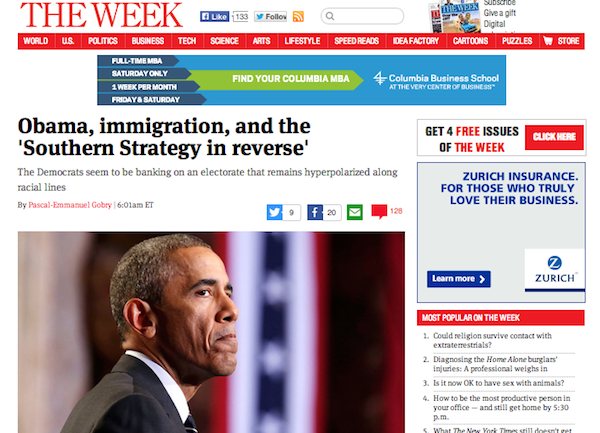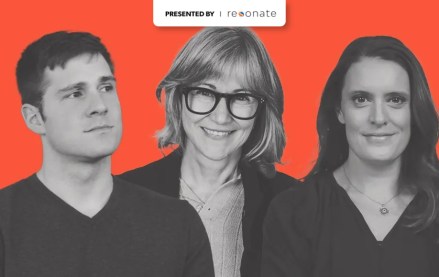
With the growth of social media and the tectonic shift toward reading on mobile phones, the death of the homepage has been treated as something of a given. Newer Web sites, like Quartz, have eschewed it. Some, like Medium, rethought it altogether, while others have thrown themselves into increasing their social media-friendly output. NowThis (formerly NowThisNews) has even gone so far as to create content that will only live on social platforms.
But the homepage still has its diehards among publishers, well aware that direct visitors tend to stay longer and return more frequently, which makes them valuable to advertisers.
Even for sites like About.com, which gets the large majority of its traffic from search, the homepage serves to explain what a site is all about, said George Eid, founder of interactive agency Area 17. “When you land on a specific page, this question is not answered,” he said. “However, the moment you click to the homepage, you start to realize the breadth and scope of the brand. Even if the homepage is less important, it is not dead.”
Three contrarian publishing execs explain why the homepage isn’t dead for them, either — and how they ensure its survival.
MailOnline
Martin Clarke, publisher of MailOnline, the digital counterpart of the U.K.’s Daily Mail, is a firm believer in the brand-building power of the homepage, a legacy of his Fleet Street newspaper roots. The site is built on the strength of its homepage visitors, who account for 40 percent of its visitors globally (proof that you don’t have to have the most beautiful homepage to have a loyal audience). MailOnline’s homepage is a riot of celebrity, global and crime news, and Clarke meets with a team of editors three times a day to tend it.

“He’s continually working on the homepage, rewriting headlines and moving things around,” Jon Steinberg, North America CEO of MailOnline, said of Clarke. “It’s the thing as a company that we’re the most obsessed with. We refer to it as the golden goose.”
Business Insider
Given the power of social and search, a publisher might be able to do without a homepage. But for Business Insider CEO Henry Blodget, it wouldn’t be much fun. BI has readers who check in multiple times a day, and a team of editors, with Blodget weighing in, is constantly programming the homepage for those most loyal readers, who account for a significant portion of site visitors. Like Clarke, Blodget sees the BI homepage as keeping with the tradition of newspaper and magazine homepages.
“We curate the page constantly, pruning stale stories and featuring fresh ones, tweaking headlines and photos, and we try to make it a great load every time,” he said. “Readers appear to enjoy it, because our homepage readership continues to grow steadily.”
The Week
The Web is increasingly getting drowned out by partisan voices. So for The Week, the homepage is not only a chance to cultivate its most loyal readers. It’s also an opportunity to showcase its non-partisan position by displaying a variety of viewpoints, not just a string of stories in reverse chronological order. “Because there’s an assumption websites are partisan, we battle against that,” said Rachel Fishman Feddersen, GM of digital for The Week as well as Mental Floss. Homepage visitors account for 10 percent of The Week’s traffic, and it expects that to grow after a relaunch that’s slated to go live in January and that will put a greater emphasis on the homepage.
More in Media

Digiday+ Research: Publishers take their focus off events as revenue dips
The percentage of publishers making money from events hit a low as of the first quarter of this year and, as a result, fewer publishers plan on putting a focus on growing that part of their business.

What platforms, brands and agencies hope to get out of the Possible conference in year 2
Year two of Possible is once again being held in Miami Beach, and it will take place from April 15-17 with 3,000 attendees expected to listen to another 200 or so speakers, including Snap’s Colleen DeCourcy, Uber Ads’ Megan Ramm and UM Worldwide’s Matthew Smith.

AI Briefing: Cloud giants’ AI ambitions create new partnerships — and new competitive concerns
Last week, tech companies like Google, Microsoft and Amazon all announced updates more updates for their cloud and AI efforts







